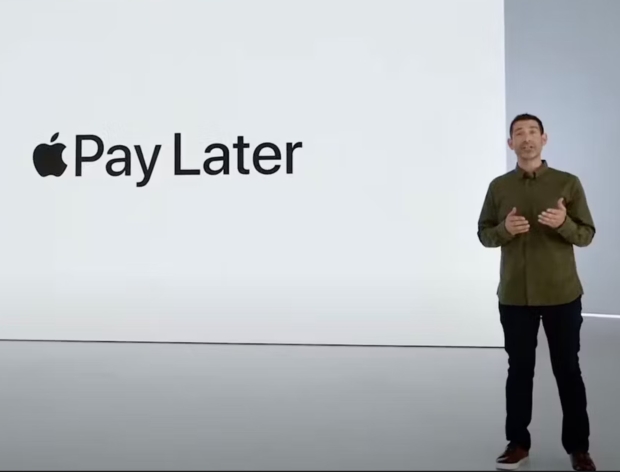According to the lawsuit, filed in 2018, reports of unexplained iPhone shutdowns began to surface in 2015 and increased in the autumn of 2016. Consumers complained their phones were shutting off even though the batteries showed a charge of more than 30 per cent, the lawsuit claimed.
The lawsuit claimed the shutdowns resulted from a mismatch between phones' hardware, including batteries and processing chips, and the ever-increasing demands of constantly updating operating systems.
Apple tried to fix the problem with a software update, but the update merely throttled device performance to cut the number of shutdowns, the lawsuit claimed.
In a 2019 court filing in the case, Apple argued that lithium-ion batteries become less effective with time, repeated charging, extreme temperatures and general use. Updating software, Apple asserted in the filing, entails trade-offs.
"Providing more features also introduces complexity and can reduce speed, and increasing features or speed may adversely impact hardware lifespan," the company said.
Consumer grief over the shutdowns and alleged throttling also led to a 2020 lawsuit against Apple by the State of California and Alameda and Los Angeles counties. Apple, admitting to no wrongdoing, settled the case for $113 million.
The phones at issue in the case were iPhone 6, 6 Plus, 6s, 6s Plus, and SE devices running operating systems iOS 10.2.1 or later before Dec. 21, 2017, and iPhone 7 and 7 Plus phones running iOS 11.2 or later before that date.
"Owners of some older iPhone models are expected to receive about $65 each," reports SiliconValley.com, "after a judge cleared the way for payments in a class-action lawsuit accusing Apple of secretly throttling phone performance."




